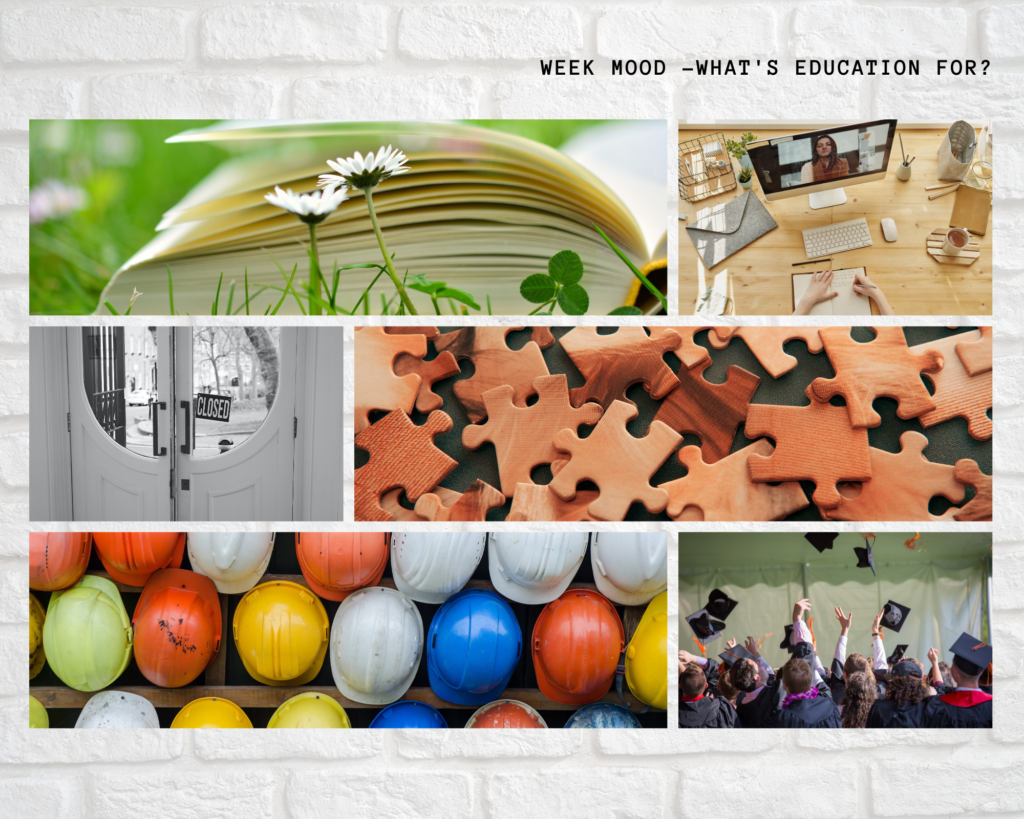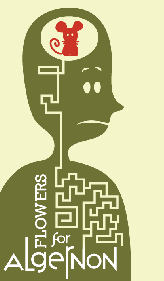After your comment, I did a quick search about the topic, very quick! I end up finding many articles that talk about the impact of social media in the perception/satisfaction of the students. I feel this could answer some of the questions are formulated. When I read your comment I connected the context and feeling with something it is a hot topic now: the impact of the social media and how it seems that we live in the era of poseur culture. So, maybe these articles could give us some clues? Saddly, I was not able to read many, because were not free (also, lack of time!) and I got stuck in the abstract. Find some examples underneath.
Overall, what I have seen is that studies talk about the benefits of using social media, and how this improve engagement and communication among students. Here, though, we can read the summury of the authors and they conclude that: The study finds that: (1) perceived usefulness of social media has positive effect on the use of social media in student learning; (2) perceived risk of using social media discourages the use of the tool, and (3) SMU has positive effect on student satisfaction.
Without reading the full article, I suspect the authors found out that the students are afraid to use social media in terms that usually this expose to much of their personal life, maybe something they don’t want to share and want to keep it private because they are more aware of the consequences?. Maybe we are having a generation of students really aware of the importance of projecting themselves in one direction when they are using social media, or when interacting in a digital environment. Actually, I found some articles, like this one that highlights the idea that “Socially, millennials are indeed more risk-averse than older Americans, perhaps because of the reputation-damaging potential of social media.” Everyday, there are more studies that show the difference between the lack of risks taken by new generation compared with older ones. Also, what are the impact of insatisfaction, lack of realism and depression because of the use of social media. Can this be translated to online learning platforms?
The fact that we have students (and I include myself here) that grow up socialising and having a concrete realitionship with social media, (again, poseur culture, influencers, and all he superficiality that involves social media) maybe we are having the same actitud when we are learning online. Exposing only what we want to show and never show the complete picture…
Is this something that can be prevented? how? the teacher has a responsibility here? (if we narrow our questions to higher education)… Many questions a no answers…. yet!

References
- Mahdiuon, R., Salimi, R. and Raeisy, L (2019). Effect of social media on academic engagement and perfomance: Perspective of graduate students. Link here.
- Waleed Mugahe AL-Rahmi and Mohd Shahizan Othman (2013) Evaluating student’s satisfaction using social media through collaborative learning in higher education. Link here.





 For Bayne is important to define “enhancement”, what is the real meaning? I found this very important and the key question. First of all we need a definition agreement, if not discussion is quite useless. I found common to start a discussion where the subject of the discussion is not well defined and people have different understanding. What do we mean when we are talking of enhancement education? Making it better? what’s better? Better as a definition of making easier for more people? or faster? more equitable? better in terms that everyone can achieve similar goals?
For Bayne is important to define “enhancement”, what is the real meaning? I found this very important and the key question. First of all we need a definition agreement, if not discussion is quite useless. I found common to start a discussion where the subject of the discussion is not well defined and people have different understanding. What do we mean when we are talking of enhancement education? Making it better? what’s better? Better as a definition of making easier for more people? or faster? more equitable? better in terms that everyone can achieve similar goals?
Thanks for transforming my impostor syndrome to something interesting and worthy to connect with the programme! , I have been thinking about your comment on my “In a rush!” post.
“Perhaps it’s a feature of online and predominantly asynchronous learning, however, I wonder whether it is easier to get the feeling that everyone is more productive? Is it may be the case that you’ll notice other members of the group who are posting more regularly, but without knowing what is happening in their blogs or whether they have circumstances that particularly allow them to do more reading, and so on?”